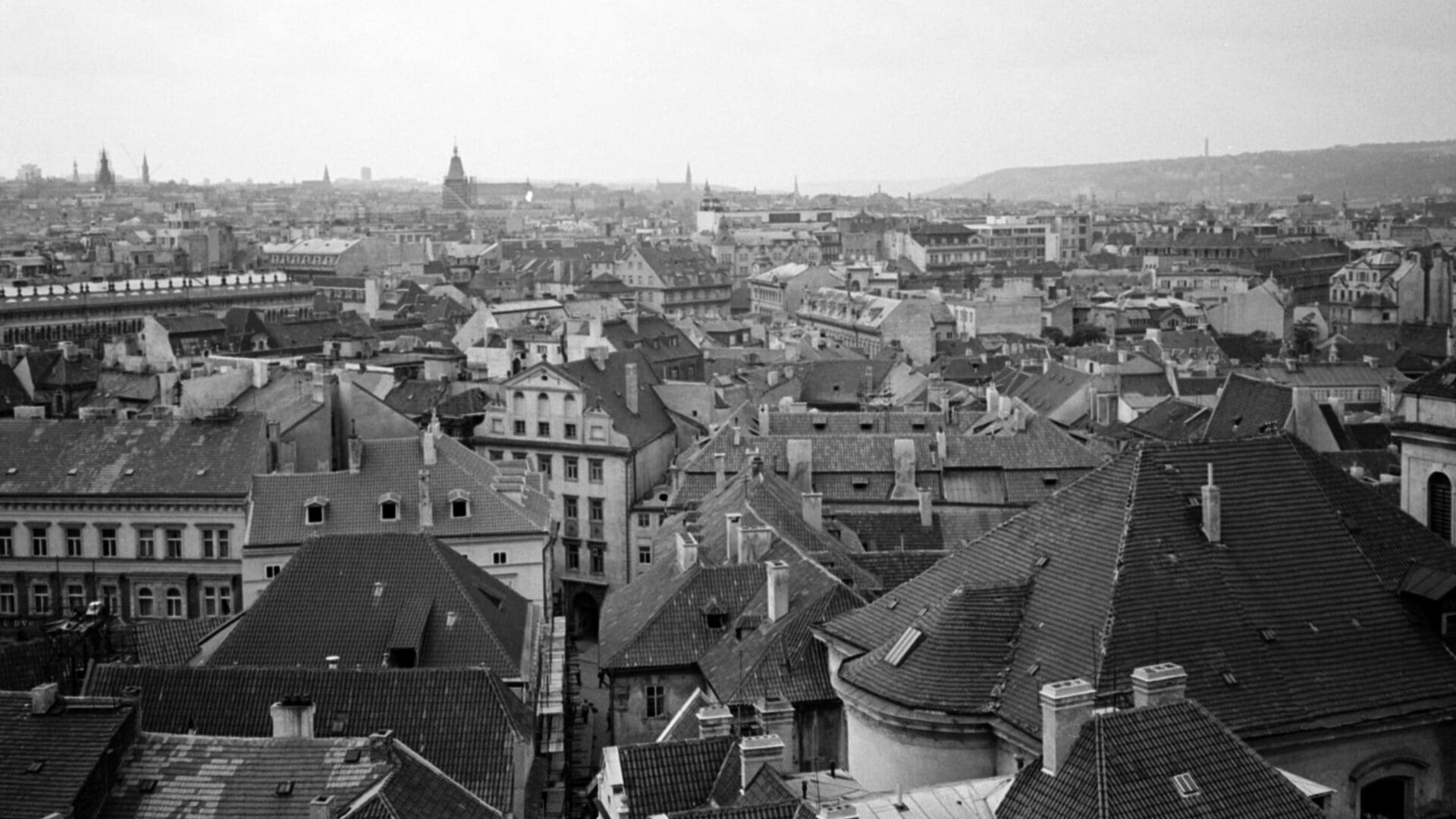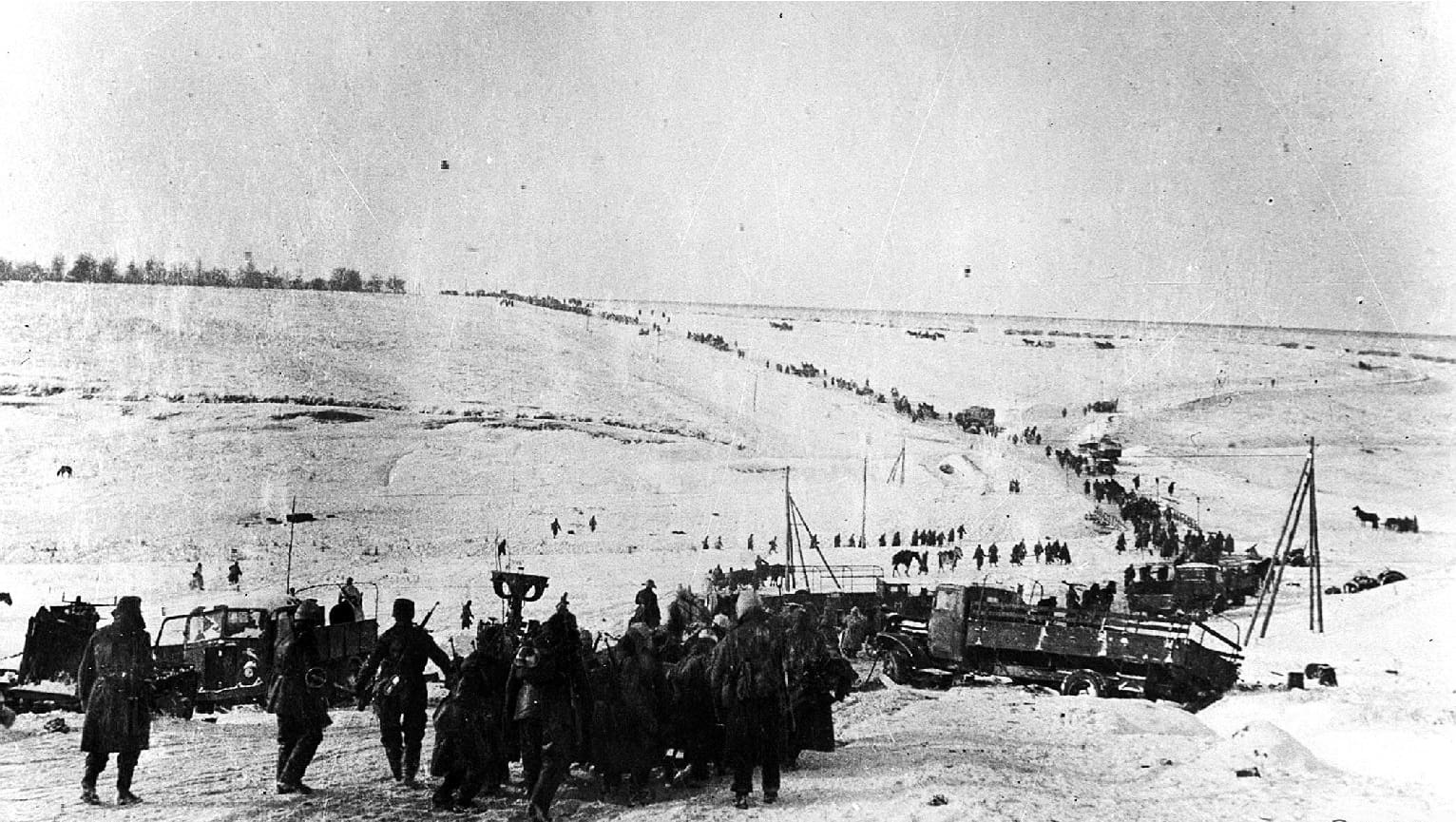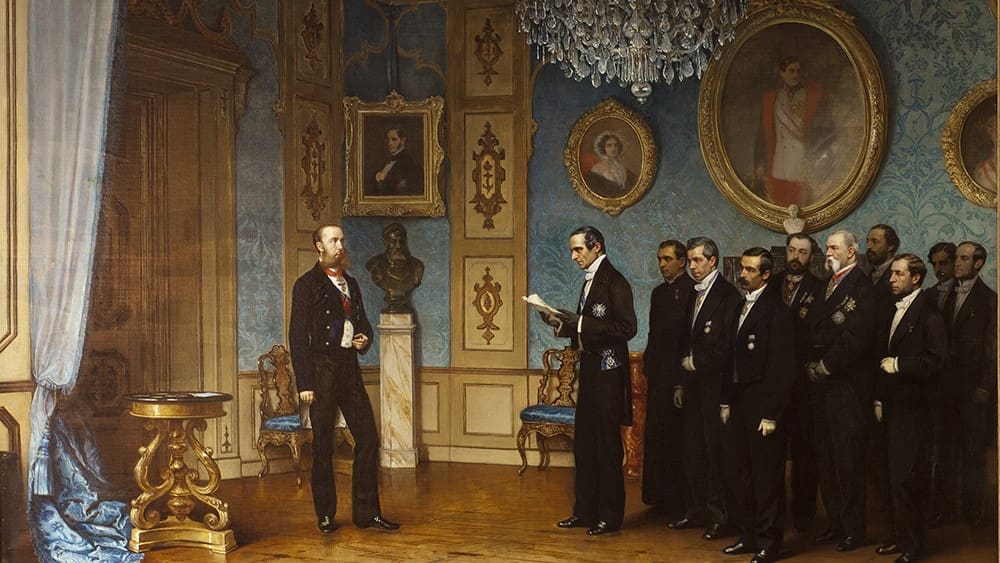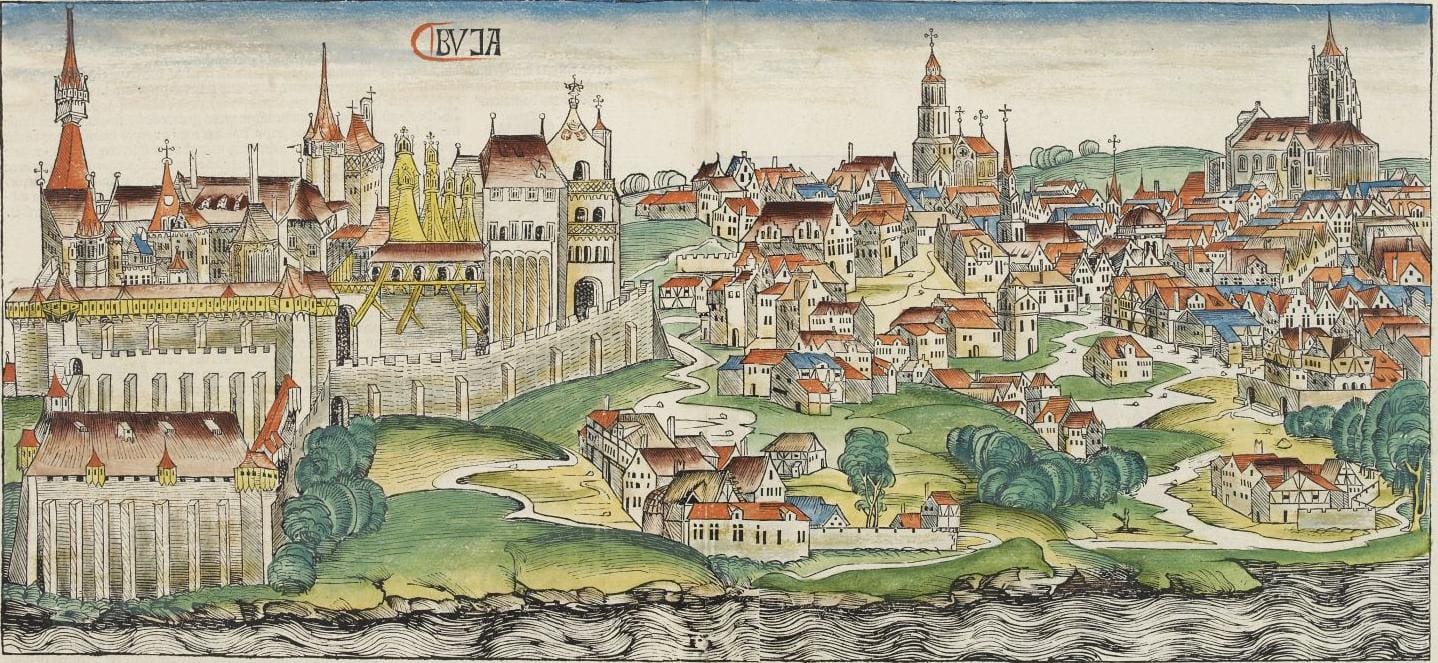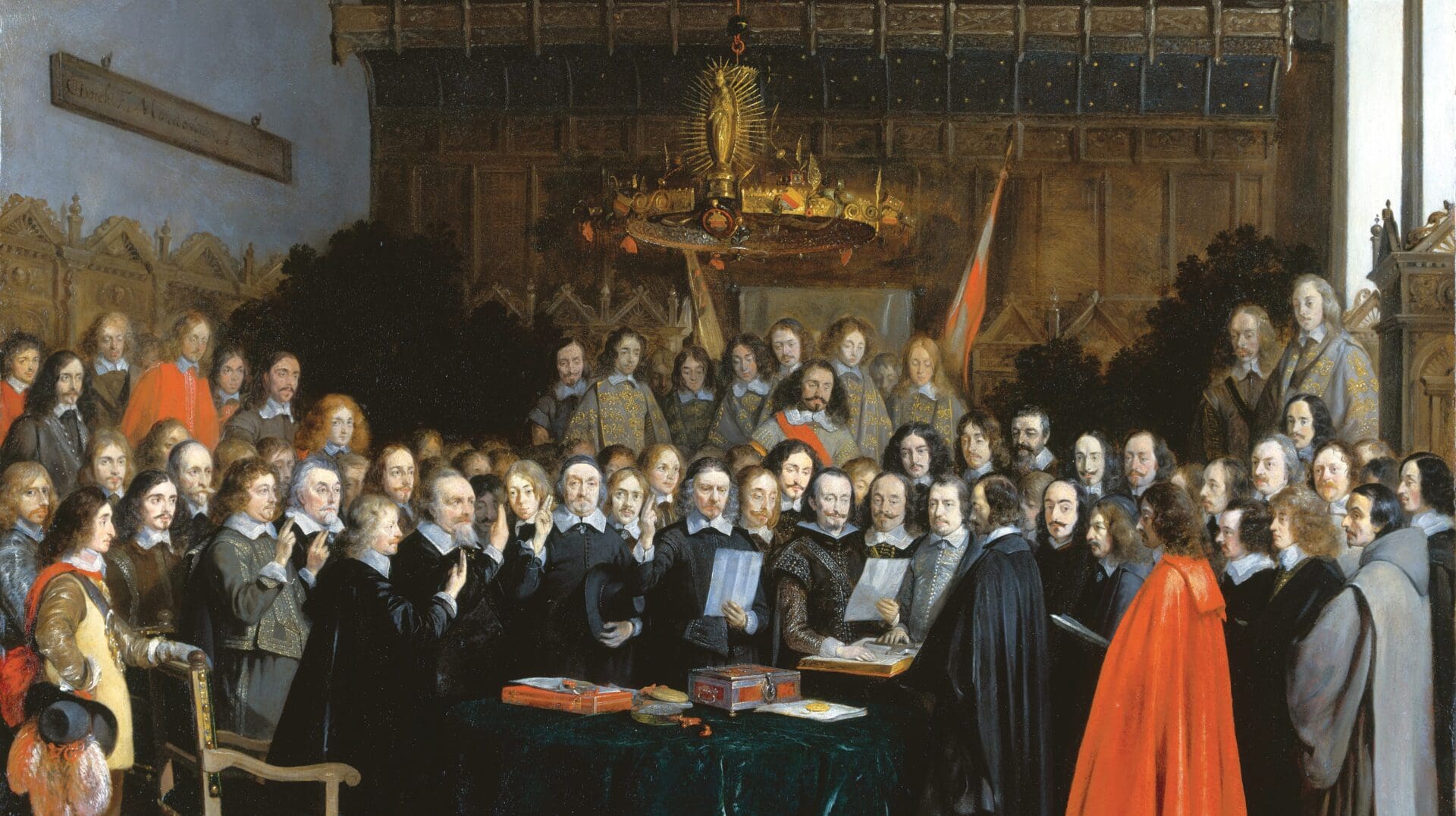
The Concept of Nation According to Scruton and the Central European Perspective
In Scruton’s philosophy…the social practice of legislation and jurisdiction could not be realized outside the national framework, because—regardless to their origins—the interpretation and the enforcement of the set of legal rules and moral duties, even human rights, are bound to nation states…


